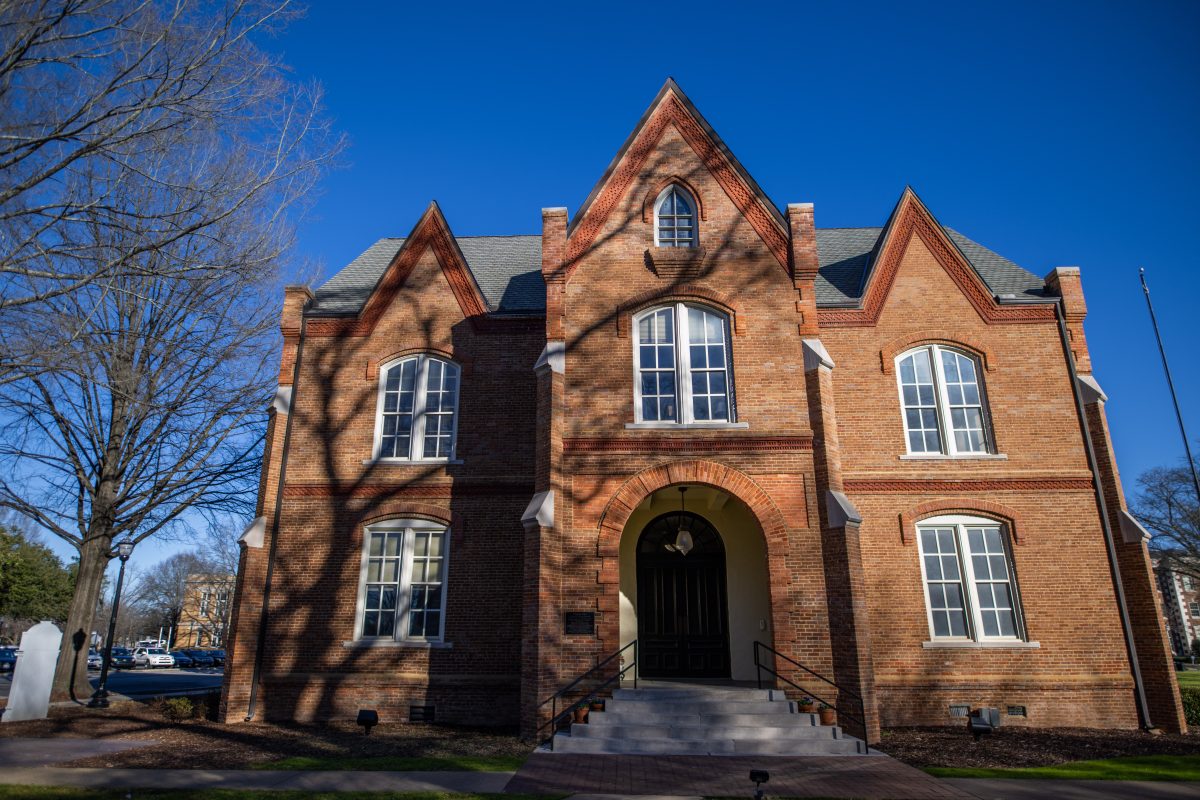The Suder Foundation, a private foundation based in Plano, Texas, has filed suit against The University of Alabama alleging the University breached a contract between the two after a premature cancellation of the foundation’s First Scholars program after taking more than $1.3 million for a scholarship program.
The lawsuit was filed in July 2015 in District Court, Dallas County, Texas, and claims breach of contract, anticipatory breach of contract, promissory estoppel and unjust enrichment. The foundation is seeking return of the funds, as well as attorneys and court fees and pre- and post- judgment interest on the funds.
“A donor should not have to worry that a grantee, especially a nationally known university, would not fulfill the contractual promises it made when accepting a gift or grant,” read a released statement from Eric Suder, founder of The Suder Foundation. “Sadly, we have no choice but to take this undesirable course. This situation is especially disturbing because multiple contracts were signed by two university presidents and other leadership over multiple years.”
First Scholars is a four year program aimed at improving graduation rates for first-generation college students “through an innovative combination of a business mindset and research-based college success strategies,” according to its website. In 2010, the Suder Foundation issued a request for proposal and UA was one of 34 applicants to compete for funding. In UA’s proposal, the University agreed to fund the program beyond the more than $1.3 million for scholarships and startup funds that were provided.
After selecting UA, Diane Schorr, executive director of The Suder Foundation, said the foundation ran the program until 2014 when they were notified that the University was not going to continue with the program. Schorr said it was an “abrupt decision to prematurely cancel the program.”
Schorr said the foundation tried to reach out to UA leadership in an attempt to resolve the issue prior to taking action, but were unsuccessful in doing so.
“We did make attempts to reach out to university leadership and tried to resolve this prior to taking this extreme action,” Schorr said. “This wasn’t necessarily a route that we wanted to go to, but we were unable to have significant discussion with someone in a leadership position at the University and felt that we had no choice but to go this route.”
UA declined to comment on the pending litigation.






